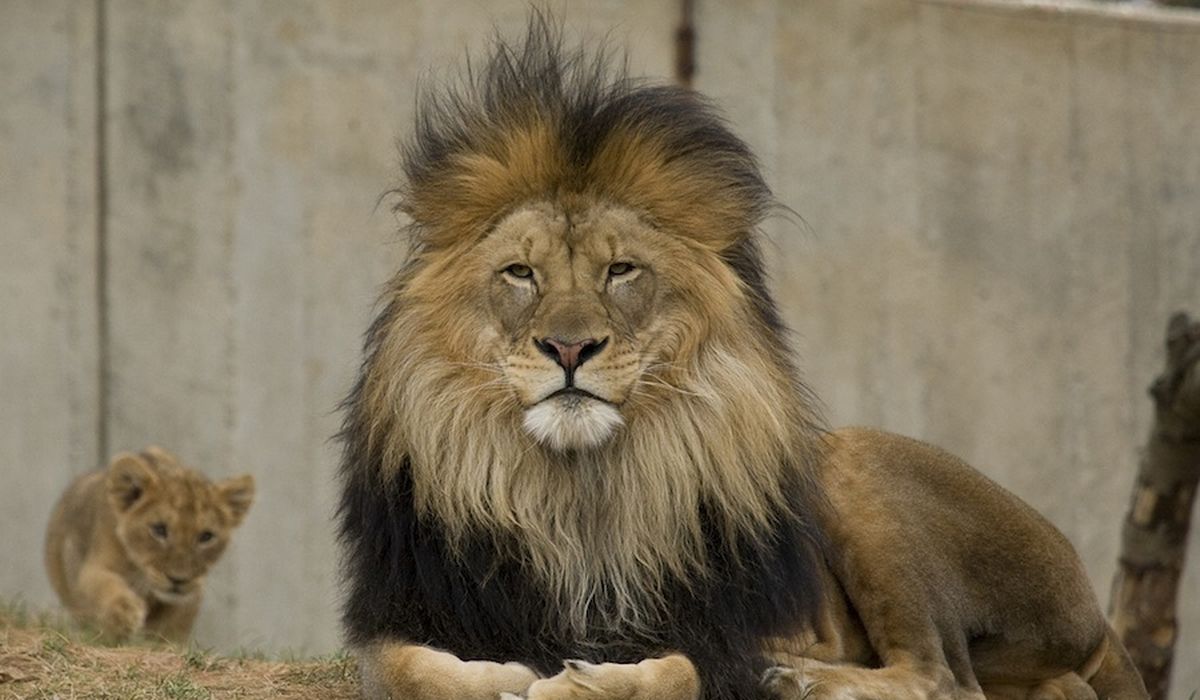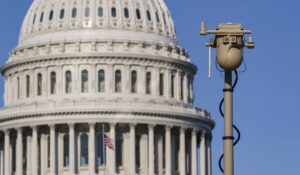Nine big cats at Smithsonian’s National Zoo have presumptively tested positive for COVID-19.
The Washington, D.C., zoo on Friday announced that six African lions, a Sumatran tiger and two Amur tigers might have caught the illness and have experienced decreased appetites, coughing, sneezing and lethargy.
Fecal samples of the lions and tigers were collected and tested presumptively positive, with final results expected in the coming days. Animal keepers are treating the cats with anti-inflammatory and anti-nausea medication as well as antibiotics for presumptive secondary bacterial pneumonia.
The animals are being monitored and do not need to stay inside, although staff will manage the cats’ access to their outdoor habitats. The zoo said the public is not at risk due to the “substantial distance” between animals and visitors.
No other animals at the zoo are showing any signs of infection, the zoo said.
The zoo said it requires use of personal protective equipment, health self-screenings of employees and cleaning for those who access animal areas as part of its COVID-19 safety measures.
The zoo investigated all staff in close contact with the lions and tigers and found no evidence that pinned down the source of infection. Although the infection could have been spread by someone who was asymptomatic, the zoo said all animal-care staff have to mask up indoors in all public and non-public areas.
The U.S. Department of Agriculture has approved a vaccine for SARS-CoV-2, the virus that causes COVID-19, made specifically for zoo animals. The zoo said vaccines will be given to susceptible species at the zoo and the Conservation Biology Institute in Virginia when it becomes available in the months ahead.



















